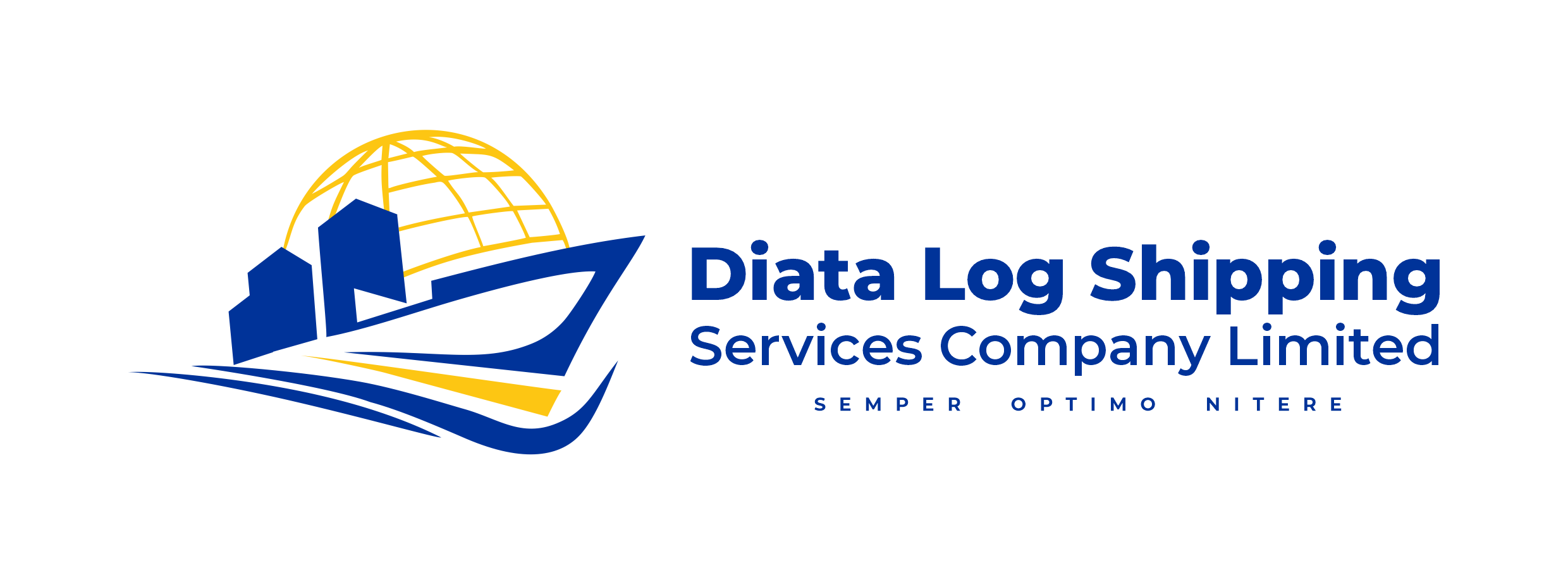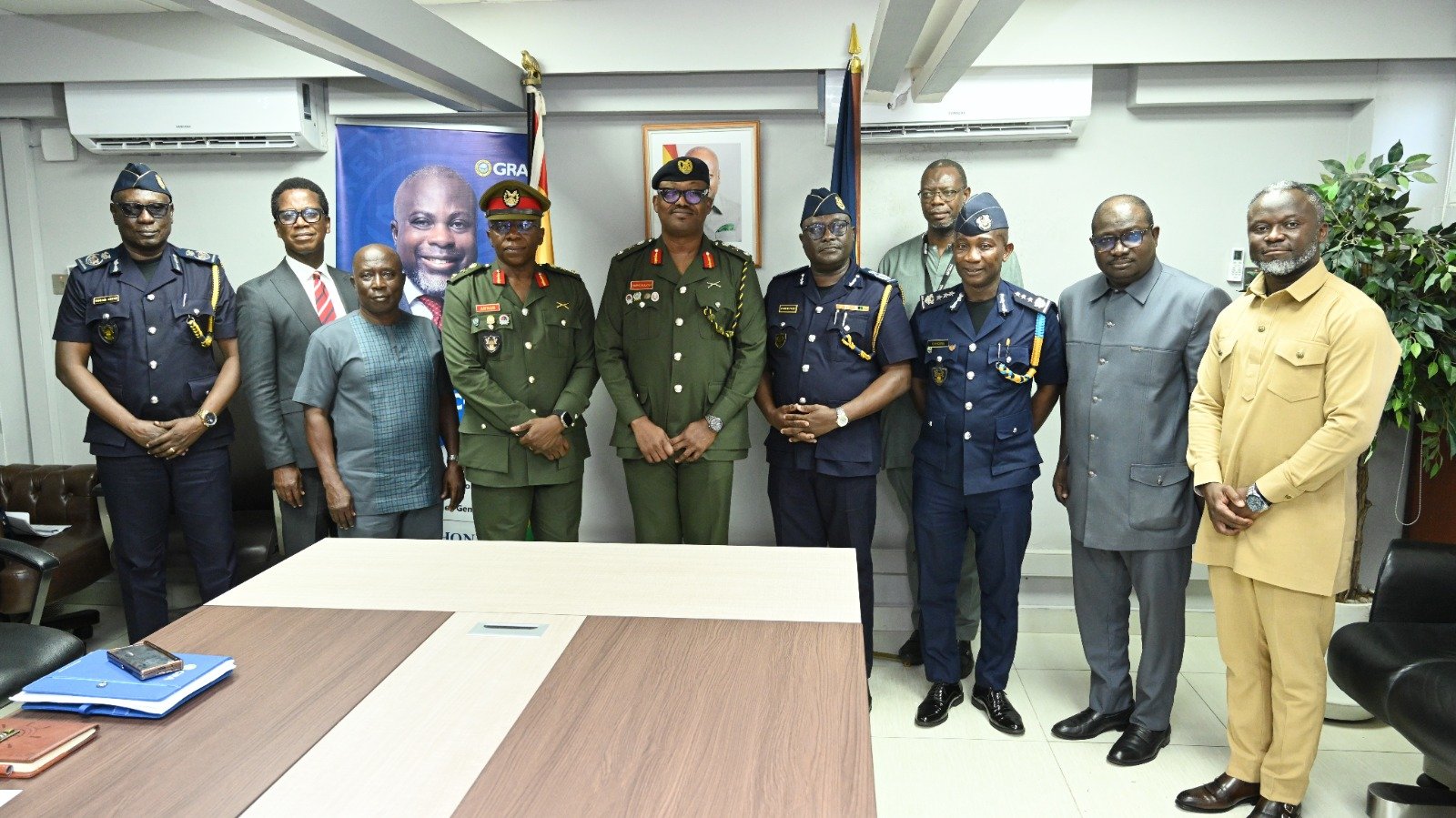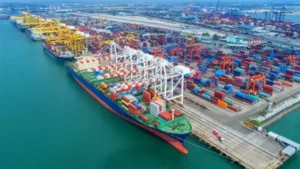The meeting between Brigadier General Paul Seidu Tanye-Kulono, Director General of Ghana Ports and Harbours Authority (GPHA), and Brigadier General Ashong Annan, Commissioner of the Customs Division of the Ghana Revenue Authority, highlights the commitment to improving efficiency at Ghana’s ports. Their discussions focused on reducing clearance times, lowering business costs, and making Ghana’s ports more attractive to Sahelian countries.
Some potential strategies include ¹ ² ³:
- Removing Transit-Related Taxes: Exploring the removal of certain taxes to facilitate smoother trade and increase competitiveness.
- Implementing Efficient Systems: Building on existing systems like the Integrated Customs Management System (ICUMS), which enables electronic payments, examination advisories, and seamless clearance processes.
- Enhancing Port Infrastructure: Investing in modern infrastructure and technology to streamline operations, reduce turnaround times, and increase berth productivity.
- 24-Hour Economic Policy: Supporting the government’s 24-hour economic policy to boost job creation, national revenue, and efficient service delivery.
The Ghana government has already shown commitment to enhancing port efficiency through various initiatives, such as:
- Paperless Ports System: Introduced in 2017 to reduce paperwork and increase efficiency.
- ICUMS: Implemented to facilitate trade and improve clearance processes.
- Infrastructure Expansion: Projects like the $1 billion Terminal 3 expansion at the Tema Port to increase capacity and competitiveness.
These efforts aim to position Ghana’s ports as a hub for trade and commerce in West Africa, aligning with the African Continental Free Trade Area (AfCFTA) and the government’s vision for economic growth ¹.
Ghana ports efficiency improvement
IMANI’s ‘Efficiency’ Report on Operations at Ghana’s Tema Sea Port
ICUMS TOUTED FOR IMPROVING PAPERLESS SYSTEM AT PORTS OF GHANA
Top image credit: GPHA Director General & Commissioner of Customs by Ghana Ports & Harbours Authority




